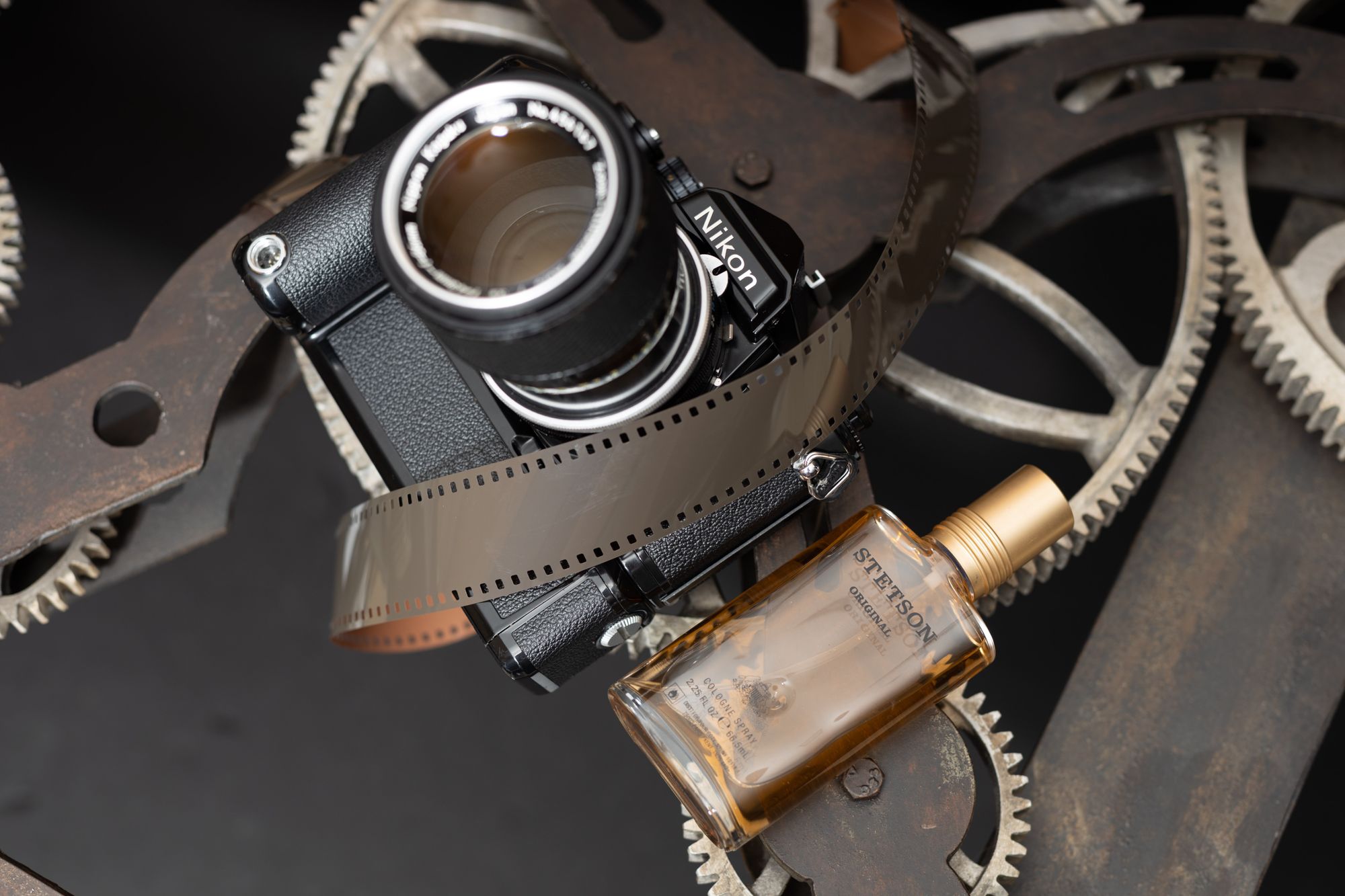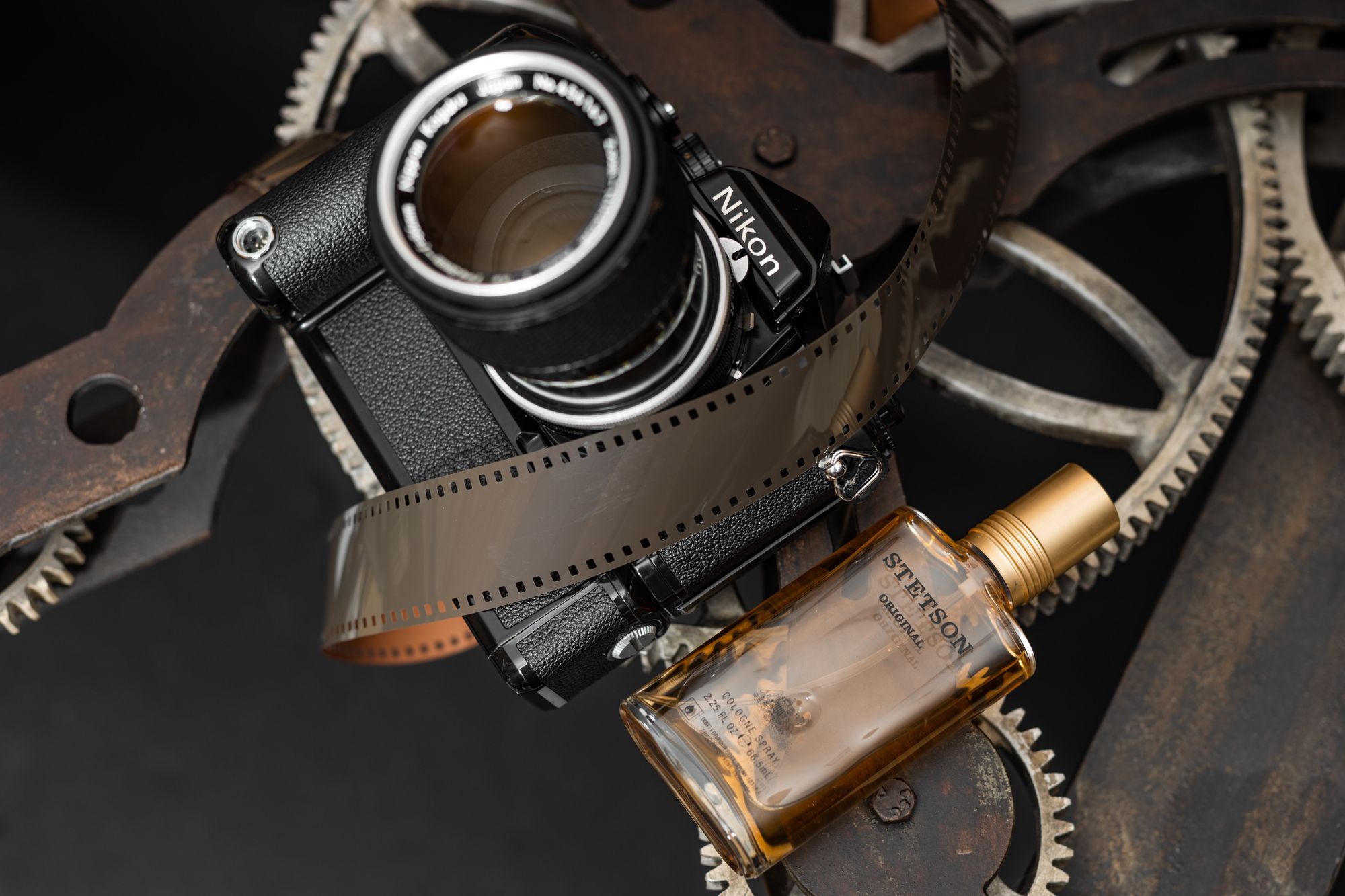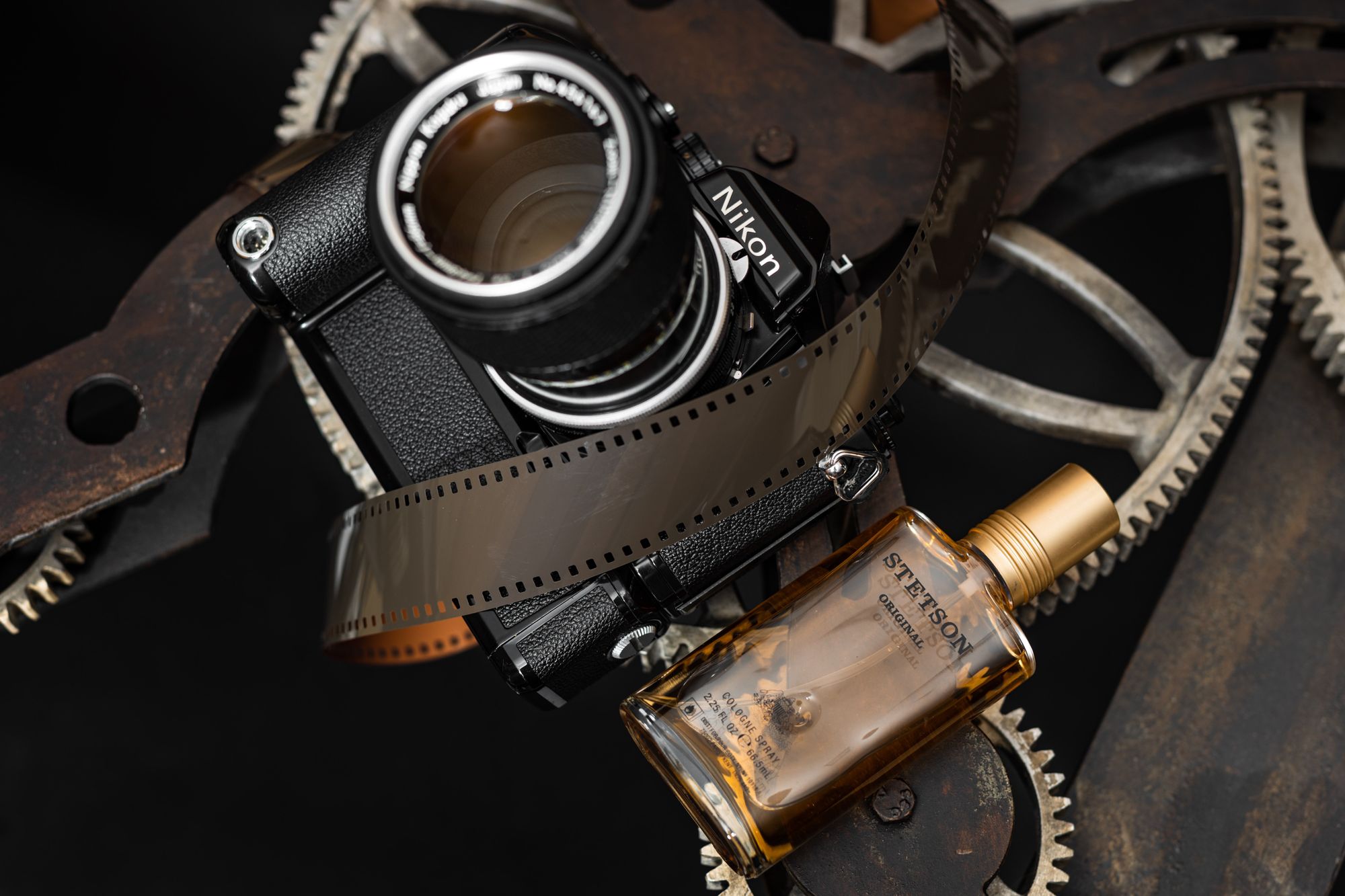Saving a Vision: The Power of Smart Edits
I love photography. I love every aspect of composing, shooting, and editing, and always will. However, there are times I become frustrated. A shot doesn't work out here, I can't get the lighting right there, things like this can take a toll. Attempting to create inherently imperfect art when you are an OCD riddled perfectionist is, admittedly, one of the most challenging parts of photography for me. Simply finding the way to shoot for the creative vision I want to portray, or the original reason I took the photo to begin with, rather than the technical perfection every part of my brain screams at me to attempt. This will be a shorter writing, almost a complimentary piece to Den-Fi's Editing: The Other Half of a Photo, an insightful piece by a thoughtful, skilled photographer.
Trying to Capture Perfection
Yes, sometimes I become frustrated. My success rate for shots that satisfy my OCD is extremely low when I'm shooting things at home with lighting I control. I feel that if I have control over it, it must be to the highest standard. This brings me to a few days ago. I have recently gotten interested in film photography, and just picked up a Nikon FE, and a few rolls of film. I have a soft spot in my heart for Nikon's film days. Almost all of my best lenses come from Nikon's era of absolute dominance in the film photography scene, and I could not wait to get a camera from that time, that was made for those lenses. The FE is an absolute masterpiece. A work of art, a clever piece of genius engineering, and above all, a damn good camera. This is what I wanted to capture when I decided to take some photos of it.
The Impossible Perfect Shot
That's where I hit a road block. Every shot I took, every lighting angle, every...well, everything, wouldn't look right. I shot for a solid 30 minutes without what I thought to be a single usable result. This stemmed from having a long day of work and despite being in the right mood for photography, not having the right mindset. Every shot was immediately dismissed, "the lighting isn't diffused enough," "I hate those shadows," "that doesn't show the message I want to show," nothing came out "right." This is a road block I hit often. As a result of my personality, I will always hate what I get if it isn't technical perfection, and it likely never will be. With that, I come along to editing. Editing can never be used as a replacement for good composition, or skill with lighting, or save bad shot concepts with fundamental flaws; but it can certainly be used to enhance a well composed a shot, to aid in telling its story. I have a very unique style, at least I see myself as having a very unique style nowadays, and it's hard to capture straight from camera. I like contrasty images, with deep blacks, accent colors, and bright, but not blown out, highlights, with either busy or even backgrounds. With that in mind, have a look at this shot, and see it through my eyes.

Where to begin? The uneven lighting, the bland blacks, the overexposure, the framing, the spots in the background, everything is screaming at me that I'm the worst person who has ever picked up a camera and that I have made a mockery of the FE. Well, every shot I took lit up alarms like that. Even if I fixed the exposure, the focus was off, the background was uneven, I couldn't get the right spots lit, everything was wrong, every time. I eventually got so frustrated I gave up, saved the only possibly usable shots, and went to bed.
A Saving Grace
Then, out of sheer curiosity, I took that shot and threw it into Lightroom. I edited as I normally would, and fixed everything except the background and uneven lighting throwing the entire image and every other shot I took into the bin.

The image is still, by all intents and purposes, terrible. Despite all the effort fixing framing, blacks, highlights, color, all of it, I still hate it. Then, there was one single edit that brought everything about the image together. With one simple change, an image I previously saw as unfixable, far too gone, unusable, became something I am proud of. One simple gradient with a decrease to whites and a boost to contrast fixed everything.

The background is a void, the FE is sharp and contrasty, the film sheens and glows perfectly, the bottle has a hint of reflection that makes my brain light up happy, it's simply a great photo. And this made me look back at how many tens of thousands of photos I've taken. The incalculable number of times I have hit the shutter, previewed the shot and thought "that's just too bad..." and never looked at the file again. The vast number of possibly "perfect" shots that will never see the light of day, with this version of perfect meaning a shot that fit my original vision. How many moments have I captured and dismissed simply because I failed to see the simple solution? This experience is what prompted this article. I have always found solutions like this while editing, but never has it been so drastic to show me that a single simple change can make or break how I feel about an image, and I wanted to bring that to light to anyone else who may be reading this. From here on, if a shot fits my compositional vision, I plan to follow it through to the end. No matter how far gone it may seem, it very well may just require a little bit of thought and problem solving, and I suggest you apply the same mentality to your photography. Take a look back at shots you didn't think you could use, and realize why you think you can't use them, and work backwards for that one, simple solution.
Comments?
Leave us your opinion.